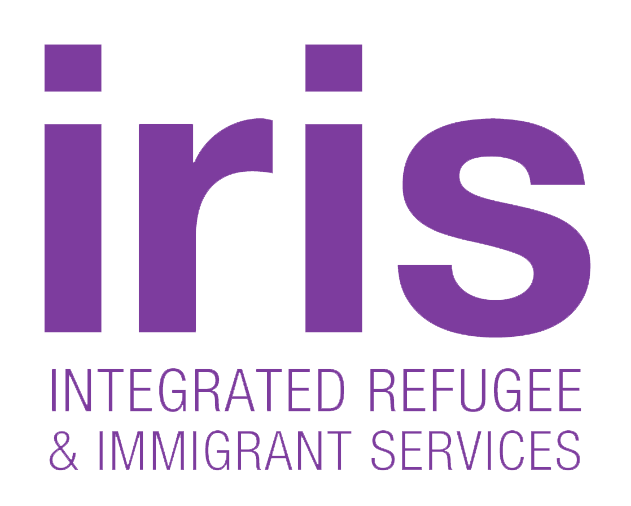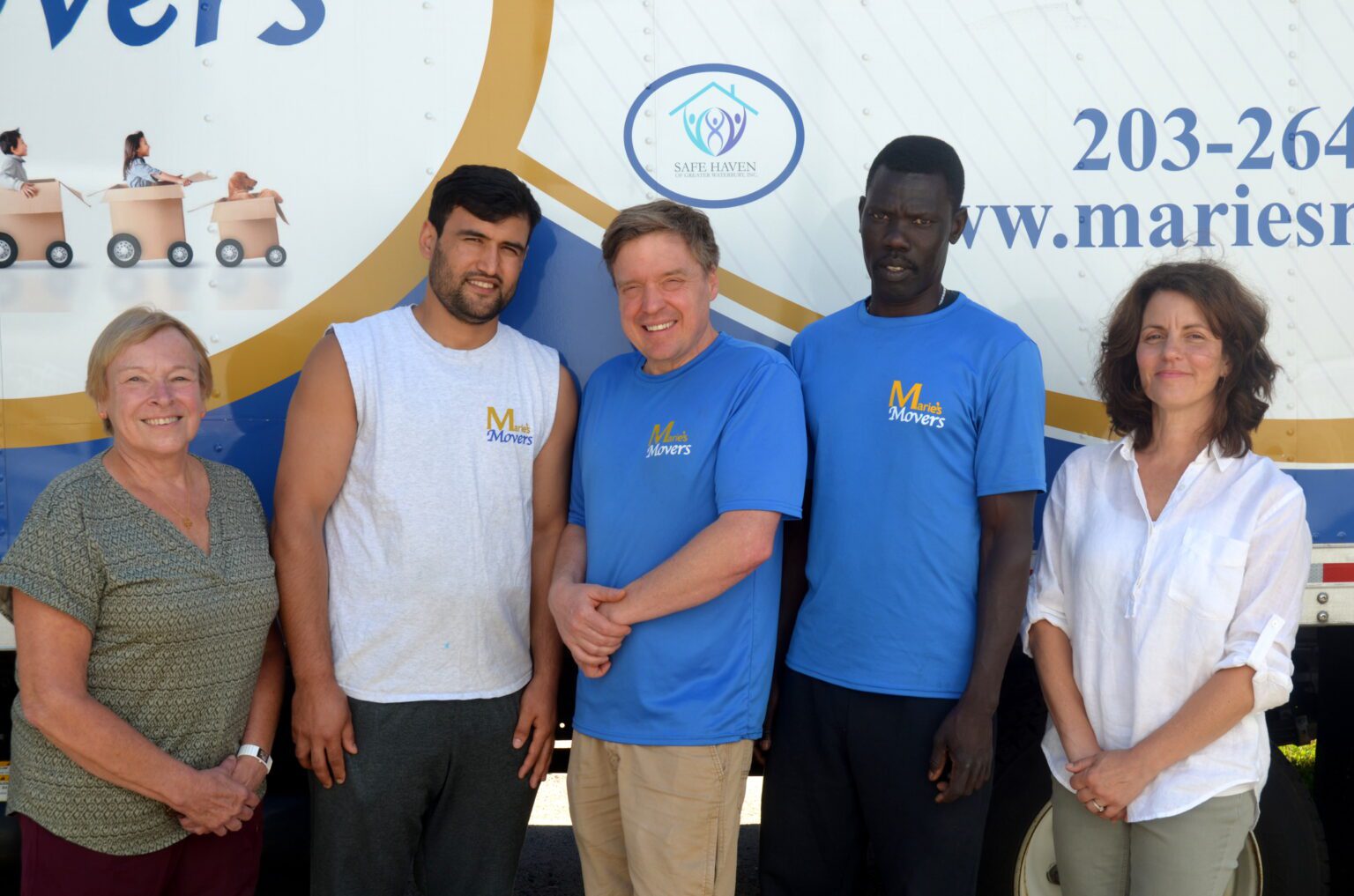A Family Company Expands the Definition of Family
Written by Grady Trexler | Photography © John Curtis
On a recent afternoon in June, at the Marie’s Movers warehouse in Oxford, Conn., Jim Anctil had two crews arriving—one from as far as Baltimore—and another getting set to make a local delivery. As his employees trickled in, ready to go home after a long drive, or preparing to make another delivery, crew members joked and chit-chatted amidst stacks of furniture waiting to be moved or donated.
On any day Anctil may have up to five crews working in the lower 48 states. His employees are an eclectic bunch. While most are from rural Connecticut, he also hires from non-traditional employment pools, including some from workforce development programs in New Haven. He’s also hired four IRIS clients, two of which, Javid Mohammadi and Anur Abdella, are still on the payroll. Anctil also works with IRIS co-sponsorship groups and moves furniture around Connecticut and beyond for IRIS clients and new arrivals—pro bono when he can afford it, and often at greatly reduced rates.
Marie’s Movers, named for Anctil’s mother, grew out of her store, Marie’s Country Furnishings. In addition to selling furniture, the store also offered moving and delivery services. After Anctil’s mother retired and closed the store, he pivoted to running Marie’s Movers as a full-time moving service. He operates the company along with his business partner, Karen Bresson.
Anctil got involved with IRIS in 2017, in the wake of then-President Donald Trump’s Muslim ban, when he reached out to Bethany Delahunt, the Housing and Donations Manager at IRIS, to offer his help. Anctil already had already worked with nonprofits to set up low-income housing apartments, or source donations to such charities as Safe Haven of Greater Waterbury. “We pretty much stock their thrift store,” he says.
For IRIS, he donated furniture acquired from clear-outs—the stuff that homeowners left behind—and offered his crews to move furniture for new arrivals. “It was really exciting and almost too good to be true,” says Delahunt. IRIS, she says, is responsible for providing a clean, safe, furnished apartment for new arrivals.
“It’s like a home makeover,” says Delahunt, who works from a federal checklist of required items, everything from mattresses and bedframes to baking pans and tea kettles. “Everybody wants a tea kettle,” she says.
Moving furniture takes time and labor, which Delahunt often struggles to find. In addition to furnishing apartments, IRIS collects furniture from donors’ homes. “There’s just been so many times where he just showed up with his team, and they did the job in an hour or two when it would have taken us all day or two days,” Delahunt says. When on one occasion volunteers cancelled at the last minute, Anctil showed up and unloaded furniture with one other volunteer. “They spent hours clearing out this house,” Delahunt says.
His work with IRIS led Anctil to connect with New Start Ministry, a co-sponsorship group in Woodbury, Connecticut, that helped Mohammadi and his family settle in Connecticut. “If there’s some furnishings that we’re having difficulty finding, he’ll donate it. If there’s something that needs to be moved, he’ll find a truck and some time,” says Susan Suhr, a co-leader of the group.
The ministry, a coalition of 12 houses of worship from six towns in the Woodbury area, doesn’t rely on Anctil for everything, Suhr says. They usually try to recruit community volunteers to help, but sometimes they can’t find or transport a certain piece of furniture. “Jim is there when we need to do those things,” she says.
Mohammadi and Abdella, both of whom came to the United States through IRIS and were resettled in partnership with co-sponsors, are the third and fourth IRIS clients Anctil has hired.
For many newly arrived families, finding a job is one of the last hurdles to self-sufficiency. “Employment, other than learning English, is the most important thing, because that is your key to independence,” says Cindy Dunn, a co-leader of the Interfaith Partnership for Refugee Resettlement, a Newtown-based co-sponsorship group that resettled Abdella and his family. “To have someone like Jim open the doors and say, ‘Yeah, I’ll hire him,’ is priceless.”
Abdella, who is from Sudan, arrived in the United States on March 18, 2020, as the covid pandemic began closing borders and the first wave of lockdowns began. At the age of eight, he fled warfare in Sudan and spent years in a refugee camp in Ethiopia before being able to come to the United States through the federal refugee resettlement program.
He’s been working with Marie’s Movers for a little over a year, but eventually wants to complete his education. After that, he says, he’ll decide his next move.
Mohammadi arrived in the United States in July of 2019. Originally from Afghanistan, he left for Turkey over a family dispute. He’s been working for Anctil since October 2019 and hopes to become a truck driver.
Anctil supports many of his employees, who number about 40, with more than a job. He would pick up Mohammadi at his home in Waterbury and drive him to the company warehouse in Oxford every day. When Mohammadi struggled to pass the written test for a learner’s permit, Anctil paid for driving lessons and let Mohammadi practice in his car. Mohammadi got his license and now drives himself to work. Anctil says he wasn’t surprised. “He’s a good driver.”
His employees come from other disadvantaged groups. Among his crews are young men from New Haven who have were formerly incarcerated, mostly for drug possession—people he sees as being failed by the system. “They quite often do time for something a kid in Southbury would get off on,” he says.
For Anctil, a rewarding aspect of hiring refugee clients is seeing his other employees learn about people and cultures that they otherwise wouldn’t know. There might be moments of tension—he once reprimanded an employee for what he perceived as a racist crack about a co-worker—but over time those tensions fade into acceptance. Now everyone wants Mohammadi and Abdella on their moving teams.
Since he reached out to Delahunt in 2017, Anctil says his motivation for being involved with IRIS has shifted. “I’m not a charity,” he says. Although initially moved by a desire to help, he sees hiring and supporting refugees like Mohammadi and Abdella as an investment. When he helped Mohammadi with his driving test, it ultimately benefitted him and Marie’s Movers. “They’ve become valuable parts of my company, so it’s a mutually beneficial relationship,” says Anctil. “It’s good for them and it’s good for me.”



